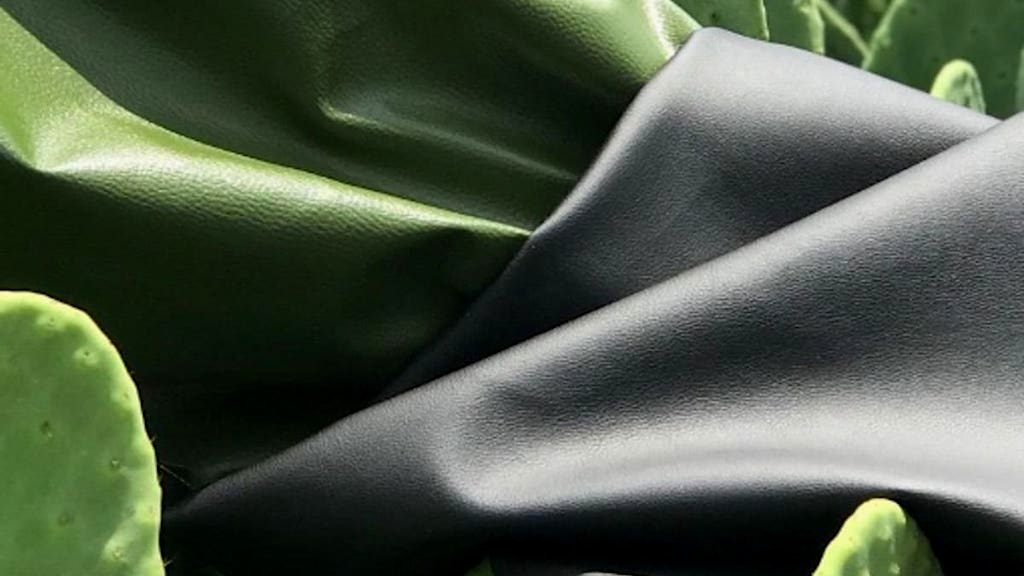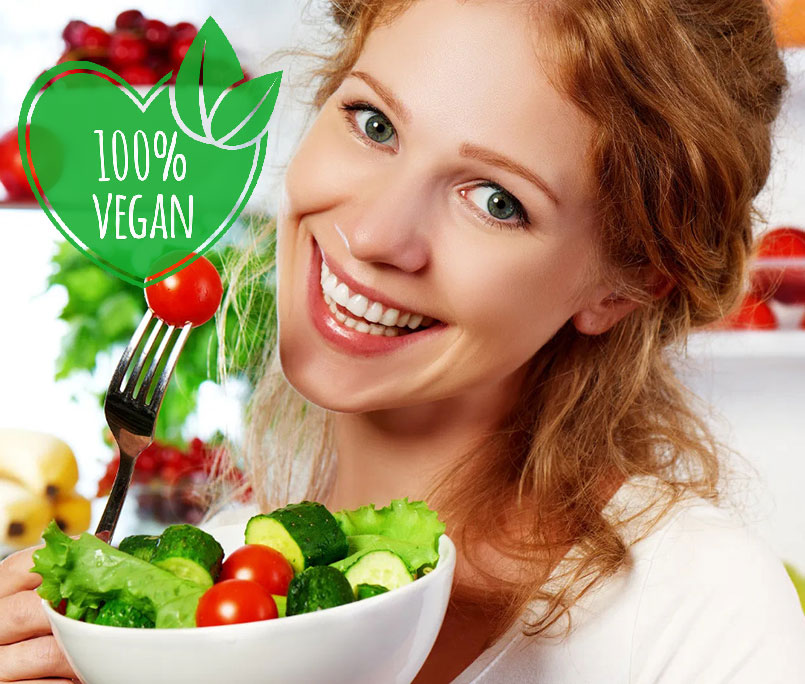What is Veganism?
Veganism, or veganism, more than just a diet, is a philosophy and lifestyle that seeks to exclude all forms of exploitation and persecution of animals for food, clothing or any other purpose.
The vegan textile certificate is proof that no animal ingredients are used in the production of any textile product or that no animal is abused during its production. It is preferred that a textile product to be purchased for not only vegan but also sensitive consumers is produced in accordance with vegan criteria.

Production in vegan standards in textiles is an existing and developing alternative for many years. Textile produced by avoiding animal sources has been preferred by vegans and sensitive consumers for years. Vegan textile can be used for shoes, socks, bags, accessories, jewelry, linens, towels, fabrics, etc. It covers many products and it is possible to produce all these products without any animal ingredients.
The vegan textile certificate includes tests and evaluations made in accredited laboratories. It removes all the uncertainty in the production and content of the product or products in question, and provides trust for vegan consumers by ensuring that the product is completely transparent.
Today, it is possible and easy to produce a textile product independent of animals with the technology we have. Instead of wool, some of the many natural fabrics that do not involve punching and crushing sheep can be used in vegan textiles. Recently, there has been a day-by-day increase in high performance vegan fabrics, the perfect combination of softness and sustainability.
Day by day and as technology improves, many brands operating in the textile industry prefer these materials that do not support the persecution of the wool industry.
Organic cotton, for example, is grown without harmful chemicals and does not destroy ecosystems. Linen is a durable material that softens and gets stronger with use. Seaweed can be used as a textile raw material. Dried seaweed is roughly crushed, ground and simultaneously added to cellulose fiber from which materials for a wide variety of textiles are produced. The brown algae used in this material supposedly activate cell regeneration, re-mineralize the skin, limit inflammation, soothe itching and detoxify the body.
A material made from wood pulp today is biodegradable, recyclable and naturally wrinkle-free. A great alternative to silk, this material is soft, drapes well, and can be washed, dyed and even woven to imitate the properties of suede, leather, mole skin or wool.
A 21% vegan textile product can be produced by using the technologies that mankind has in the 100st century and many different raw materials similar to the above. However, the main problem is that the contents of the products cannot be reflected on the consumer side transparently due to the supply chain or inadequate inspections, as stated before.
In short, it is not difficult today to produce all kinds of textile products without exploiting animals and using no animal resources. The vegan textile certificate enables textile products that comply with vegan standards to reach the relevant consumers easily.

Apply Now
Veganism, or veganism, more than just a diet, is a philosophy and lifestyle that seeks to exclude all forms of exploitation and persecution of animals for food, clothing or any other purpose.
To explain very fundamentally, vegetarianism is to adopt a diet that does not contain animal food, to act consciously on issues such as the sanctity of living life and the sustainability of nature.
Vegetarian diets vary based on the foods they contain and exclude. Vegetarian diet types are; Lacto-vegetarian, Ovo-vegetarian, Lacto-ovo, Pescatary and Vegan
Vegan diets only involve eating directly plants (such as vegetables, grains, nuts and fruits) or foods made from plants. As it is known, vegans never consume meat, nor do they eat foods from animals such as dairy products and eggs.
Vegan diets only involve eating directly plants (such as vegetables, grains, nuts and fruits) or foods made from plants. As it is known, vegans never consume meat, nor do they eat foods from animals such as dairy products and eggs.
Many vegans avoid eating honey because commercial honey farming can harm the health of bees. The main function of honey is to provide bees with carbohydrates and other essential nutrients such as amino acids, antioxidants and natural antibiotics.
The vegan certification process can take from 1 week to 8 weeks, depending on the production conditions of the product. It all depends on the components, processes, suppliers and how well the suppliers communicate and how quickly the V-Mark expert team responds to their demands.
V-Mark vegan vegetarian certified products can use the V-Mark vegan vegetarian logo on their packaging, so vegan consumers around the world can get the product they buy with confidence and confidence.
Vegan Vegetarian Certificate ensures that the vegan or vegetarian consumer can safely select products suitable for their lifestyle at a glance. Therefore, it can be used for any product that can be proved by various tests and conformity audits and that we can encounter in our daily life.
Vegan diets only involve eating directly plants (such as vegetables, grains, nuts and fruits) or foods made from plants. As it is known, vegans never consume meat, nor do they eat foods from animals such as dairy products and eggs.
Vegan diets are known to help people lose weight. However, they also offer a number of additional health benefits. For example, a vegan diet can help protect your heart.
Everyone's metabolism is different, and different diets may produce different results for each person. However, there are many notable health benefits of maintaining vegetarian and vegan diets.
The vegan certificate is a certificate issued by accredited organizations to products that do not contain an animal ingredient and that are proven by various conformity assessments and tests in their production that no animal is exposed to any exploitation.
Vegan shoes are shoes that do not harm any animals and are made without using animal products in any way. It also excludes products tested on animals. This does not include many of the materials traditionally used in shoe making, such as leather, wool, fur, and some adhesives.
Vegan cosmetics defines cosmetic products produced by the fact that any product produced in the cosmetic industry does not contain any animal ingredients and no animals are used for testing.
Unfortunately, it is very difficult to be sure whether the product is vegan unless there is a vegan symbol certified by an accredited and fully independent organization such as the V-Mark. The most logical thing to do is to reach out directly to the manufacturing companies and ask; however, there is no certainty that you will get an honest answer.